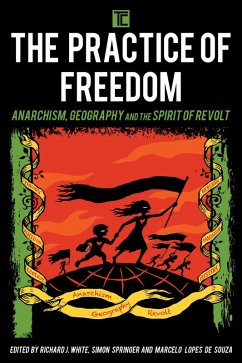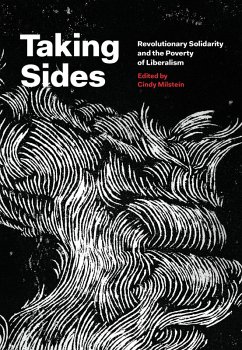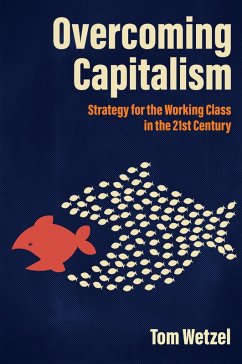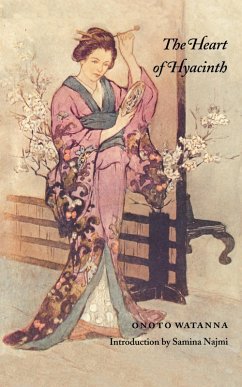
An Anarchist Woman (eBook, ePUB)
A Tale of Defiance and Liberation: An Anarchist Journey

PAYBACK Punkte
0 °P sammeln!
In "An Anarchist Woman," Hutchins Hapgood explores the intricate interplay between gender, social norms, and radical political thought during the late 19th and early 20th centuries. The novel is a compelling narrative that delves into the life of its protagonist, who grapples with the constraints of society while seeking her identity within the anarchist movement. Hapgood's literary style is characterized by rich, evocative prose and a keen psychological insight into his characters, placing the work within the broader context of American literary realism and political discourse of his time. Ha...
In "An Anarchist Woman," Hutchins Hapgood explores the intricate interplay between gender, social norms, and radical political thought during the late 19th and early 20th centuries. The novel is a compelling narrative that delves into the life of its protagonist, who grapples with the constraints of society while seeking her identity within the anarchist movement. Hapgood's literary style is characterized by rich, evocative prose and a keen psychological insight into his characters, placing the work within the broader context of American literary realism and political discourse of his time. Hapgood, a journalist, and social reformer, was deeply influenced by the anarchist ideals of his contemporaries, as well as by his own experiences within the socio-political upheavals of his era. His engagement with labor movements and progressive issues informs the depth of his characters and their struggles in "An Anarchist Woman," reflecting a profound desire to challenge societal conventions and advocate for individual freedom and women's empowerment. This novel is essential reading for those interested in feminist literature, political history, and the evolution of anarchist thought. Hapgood's nuanced narrative not only provides a rich historical context but also resonates with contemporary discussions about autonomy and resistance, making it a highly relevant text for modern readers.
Dieser Download kann aus rechtlichen Gründen nur mit Rechnungsadresse in A, B, BG, CY, CZ, D, DK, EW, FIN, F, GR, H, IRL, I, LT, L, LR, M, NL, PL, P, R, S, SLO, SK ausgeliefert werden.













